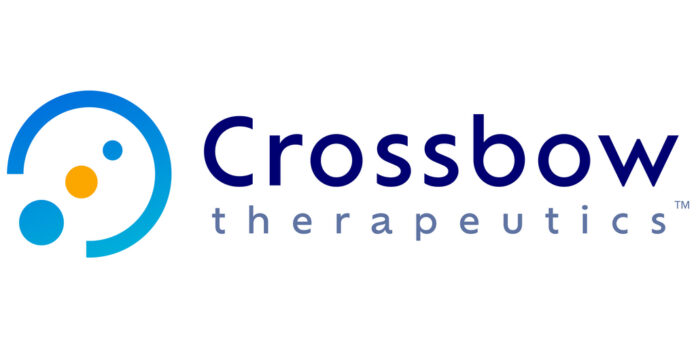CAMBRIDGE, Mass.– Crossbow Therapeutics, Inc., a biotechnology company developing a novel class of antibody therapeutics known as T-Bolt™ T-cell engagers (TCEs), announced today that it has dosed the first patient in its Phase 1 clinical trial of CBX-250. The first-in-human study, called CROSSCHECK-001, marks the company’s entry into the clinic.
“Patients with relapsed or refractory myeloid malignancies urgently need new treatment options, and CBX-250 offers a novel approach,” said Briggs Morrison, M.D., Chief Executive Officer of Crossbow. “The preclinical profile of CBX-250 and its novel targeting strategy bolster our confidence as we begin to bring the expansive potential of our T-Bolt™ platform to patients.”
CBX-250 is the first therapeutic candidate from Crossbow’s T-Bolt™ platform, which produces TCE molecules designed to mimic T-cell receptors (TCR-mimetics). These molecules uniquely target peptide-loaded human leukocyte antigen (pHLA) complexes on tumor cells. Specifically, CBX-250 targets a cathepsin G pHLA complex that is highly expressed on leukemic cells but absent from normal cells.
The Phase 1, open-label, dose-escalation CROSSCHECK-001 study is evaluating the safety, tolerability, and early clinical activity of CBX-250 in patients aged 12 and older with relapsed or refractory acute myeloid leukemia (AML), high-risk myelodysplastic syndrome (HR-MDS), and chronic myelomonocytic leukemia (CMML).
AML, one of the most common myeloid cancers, is largely a disease of older adults, with an average patient age of 68 years. In the United States, there are more than 22,000 new AML cases annually, and the five-year survival rate stands at about 33 percent. Relapse occurs in more than half of patients after initial chemotherapy, and outcomes are especially poor for those with relapsed or refractory disease, highlighting the need for new targeted therapies.
CBX-250 was developed through a strategic collaboration between Crossbow and The University of Texas MD Anderson Cancer Center. Crossbow is designing and running the CROSSCHECK-001 trial, which is using a fixed step-up dosing schedule. The company expects to release initial clinical data from the trial in 2026.


